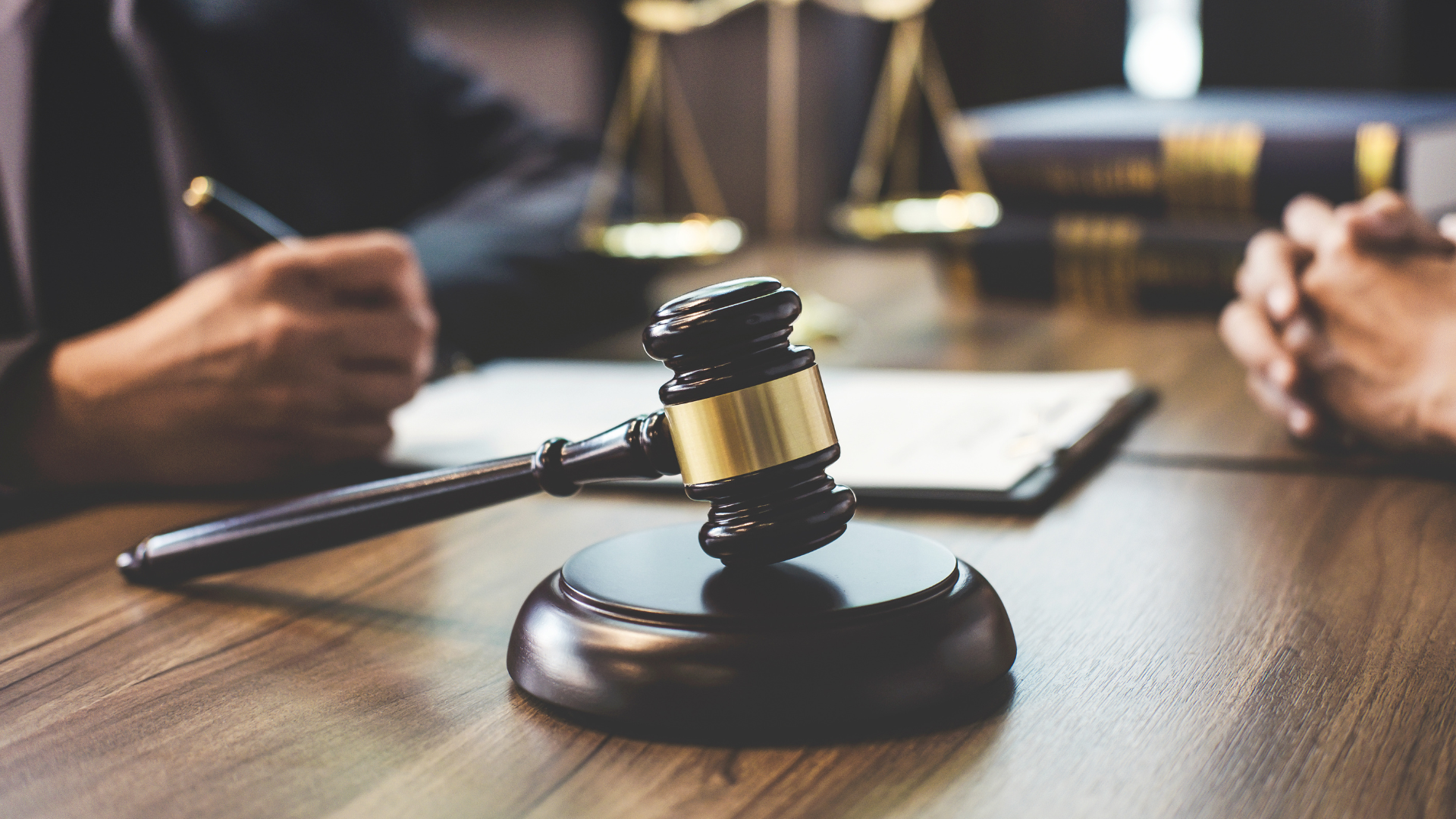As an experienced lawyer with years of legal practice, Greg Kirakosian often encounters questions like “Can you sue a prosecutor?” from clients. While it’s a complex topic, he’s constantly trying to some light on the matter. The short answer is yes, you can sue a prosecutor, but it’s important to understand the circumstances under which such a lawsuit might be appropriate and the challenges involved.
Understanding Prosecutorial Immunity
Prosecutors play a very important role in the judicial system, their job is to ensure that justice is served. Due to the nature of their efforts, though, they have what is known as prosecutorial immunity. This concept exists to protect them from being sued for making tough decisions in their professional capacity. Prosecutors are granted a certain degree of immunity from civil lawsuits when performing their official duties, especially when making decisions that involve exercising discretion in charging, prosecuting, and negotiating plea deals.
However, this immunity is not absolute and does not cover actions that go beyond their legal authority or involve intentional misconduct. If a prosecutor acts outside the scope of their duties or engages in behavior that violates a person’s constitutional rights, they might become vulnerable to legal action.

Suing for Misconduct
If you believe you have been a victim of malicious prosecution, you may have grounds for a lawsuit. Prosecutorial misconduct refers to unethical or unlawful behavior on the part of a prosecutor that can compromise the fairness of a trial or the legal process. This could include withholding evidence, making false statements, coercing witnesses, or engaging in other behaviors that infringe upon your rights.
To successfully sue a prosecutor for misconduct, your attorney needs to demonstrate that their actions were intentional, malicious, or downright negligent and directly led to a violation of your rights. This can be challenging, as prosecutors often have a great deal of discretion and immunity protects them from many forms of legal action. Consulting with an experienced attorney, like the ones at Kirakosian Law Group, is crucial to determine the strength of your case.
Steps to Take
a) Gather Evidence: If you believe you have a valid claim against a prosecutor, gather any evidence that supports your case. This could include emails, transcripts, witness statements, or any other relevant documentation.
b) Consult an Attorney: Reach out to a knowledgeable attorney who specializes in civil rights or legal malpractice. They can review your evidence, assess the situation, and advise you on the best course of action. Greg Kirakosian has vast experience in the field and is always happy to help obtain justice for those who have suffered malicious prosecution.
c) File a Lawsuit: Your attorney can help you file a lawsuit against the prosecutor and any other relevant parties. The lawsuit will outline the misconduct and the damages you’re seeking.

What Your Lawyer Will Do
Specializing in malicious prosecution matters, Kirakosian Law Group has the process on lockdown and they share this information so everybody has a fair chance at obtaining justice and getting the compensation they deserve:
a) Initial Consultation: They will discuss the case with you to assess its viability.
b) Evidence Collection: Your attorney needs strong evidence, such as documents and witness statements, to build the case.
c) Legal Research: The lawyer conducts research to understand relevant laws and precedents.
d) Legal Strategy: A strategy is developed outlining how the misconduct will be proven and remedies sought.
e) Drafting the Complaint: Your attorney must prepare a formal complaint detailing allegations and damages.
f) Filing the Lawsuit: The complaint is filed with the court and served to the involved parties.
g) Discovery Process: Both sides exchange information and evidence.
h) Deposing Witnesses: Witnesses may be interviewed under oath for insights.
i) Negotiations: Settlement negotiations can occur at any point.
j) Preparing for Trial: If no settlement is offered or reached, the lawyer readies for trial, refining strategy, and evidence.
l) Trial Proceedings: Evidence is presented, witnesses examined, and legal arguments made.
m) Verdict and Judgment: The court delivers a verdict and determines remedies or damages.
Yes, You Can Sue a Prosecutor
While it is possible to sue a prosecutor under certain circumstances, it’s important to remember that prosecutorial immunity exists for good reason, which is to ensure prosecutors can perform their duties without fear of constant legal action. However, when misconduct occurs, it’s crucial to hold those responsible accountable and seek justice for any violations of your rights. If you find yourself in such a situation, Kirakosian Law Group is always ready and eager to help you steer through these types of situations by providing you with the guidance and expertise required to obtain the compensation you deserve.
